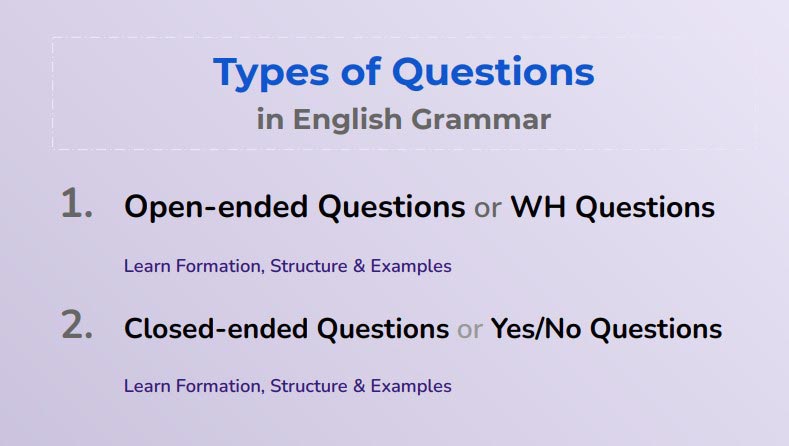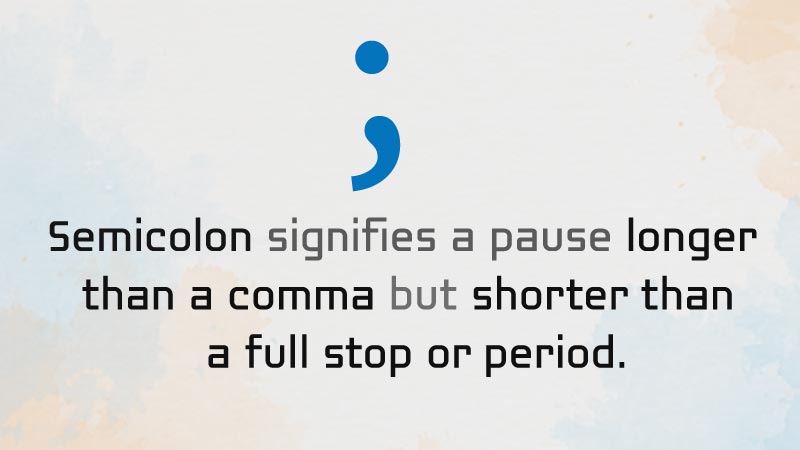Parts of Speech

Parts of speech are the classification of words categorized by their roles and functions within the structure of the language.
Parts of speech encompass everything a language has in itself. Can you imagine all the words of a language can be sorted into these categories? They play different roles in the structure of a language.
In English, there are eight parts of speech:
Noun
Noun refers to people, places, things, ideas, concepts, etc.
Example: Michael is a good boy. Melbourne is the best city.
Pronoun
A pronoun is used to refer to a noun/noun phrase, or nouns/noun phrases; instead of the repeated use of the same noun(s)/noun phrase(s).
Example: Michael is a good boy. He gets up early in the morning.
Verb
Verb shows an action or an ongoing condition. It is considered as the heart of a sentence.
Example: Alex is going home. He loves his home.
Adjective
Adjective modifies or describes noun in a sentence.
Example: Alex loves his beautiful daughters. His daughters also love their caring father.
Adverb
Adverbs modify or describe adjectives, verbs, or other adverbs. It answers the questions When? Where? How? or How much?
Example: He is running fast. She always reads attentively.
Preposition
Preposition gives context to nouns in relationship to other nouns or pronouns.
Example: I am going to France. France is in Europe.
Conjunction
A conjunction connects nouns, noun phrases, clauses or sentences together.
Example: Julie love chocolate and chips. She loves pasta, but she hates pizza.
Interjection
Interjections are brief and abrupt pauses in speech, usually used for expressing emotions.
Example: Oh! That feels terrible. Alas! They have lost the match.
Grammar
Read More
- How to Use "Therefore" in Sentences Avoiding Common Mistakes
- How to Use "Whereas" with Examples and Avoid Common Mistakes
- When and How to Use "Thus" Correctly Without Common Mistakes
- How to Use "On the Contrary" Properly with Meaning and Examples
- When and How to Use "Either/Or" with Examples and Common Mistakes to Avoid
- How to Use "On the Other Hand" Effectively without Mistakes
- How to Use "Respectively" with Example and Common Errors to Avoid
- How and When to Use "Moreover" Without Mistakes
- How to Use "Likewise" in Sentences Based on Context & When not to Use
- When & How to Use "Although" in Sentences to Avoid Mistake


